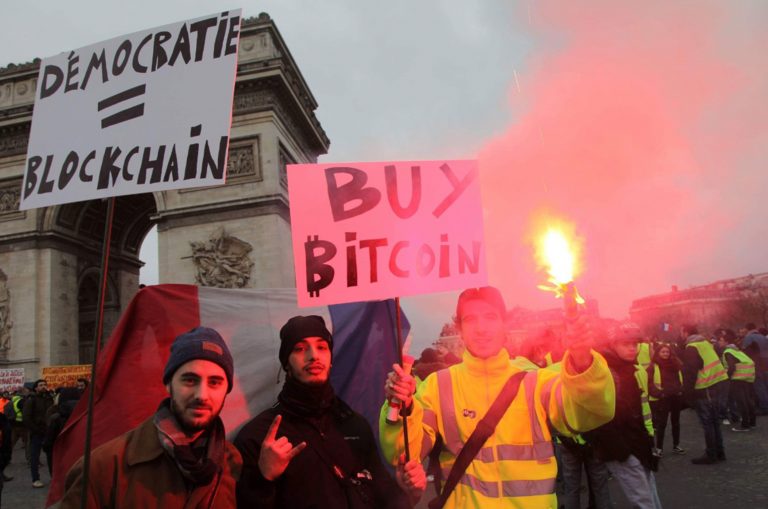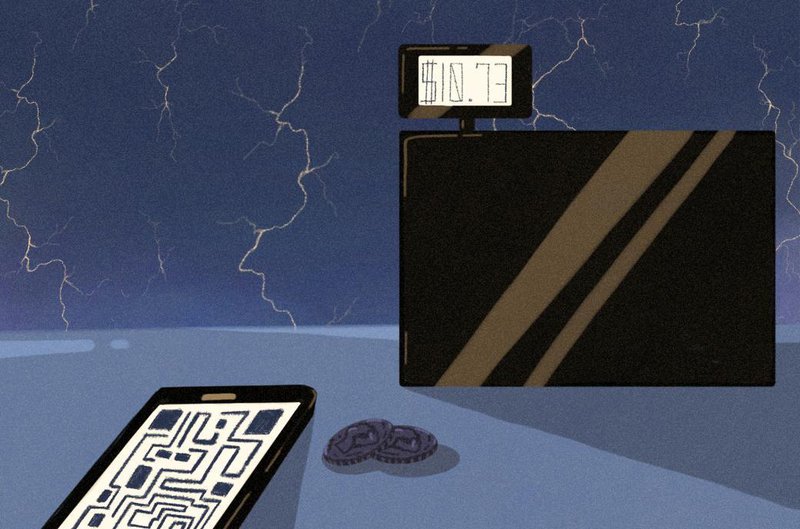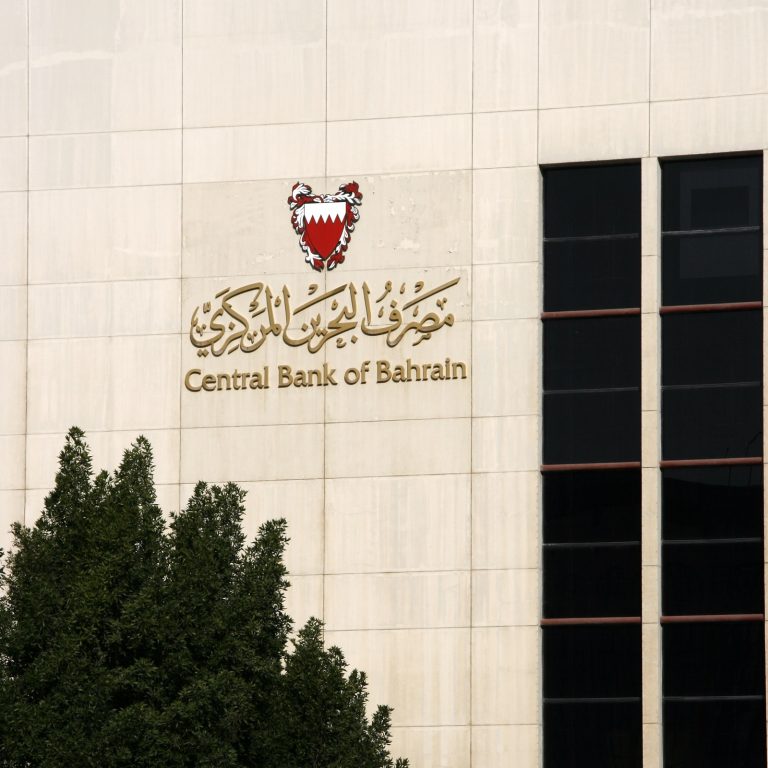2019-2-9 05:21 |
The banking whistleblower, Frenchman Herve Falciani, is currently working in a new virtual currency that he believes could be embraced by regulators. Living in exile in Spain, Falciani is known for being an HSBC systems engineer that leaked client data triggering high-profile tax investigations.
Apparently, the intention is to launch an ‘ethical’ cryptocurrency that will be called Tabu. It will be traceable using a certificate that will be displaying very clean records. Several virtual currencies have been used by tax-dodgers and hackers to hide their transactions.
In order to build the Tabu token, Falciani is currently working with academics and experts in the field. He mentioned that new technologies can be used in a bad or in a good way.
“What happens with any innovation or any technology is that it can be used in a bad way or may be used in a friendly way with a social impact, positive social impact,” he commented.
Using blockchain technology it is possible to verify encrypted transaction records and sharing the results across a decentralized network. This can add transparency to electronic transactions and fight against fraudulent activities. The project is also being developed by Tactical Whistleblowers that was founded by the engineer.
At the moment, he has 5 million Tabu tokens that are valued at 2 million euros. Investors will have the possibility to purchase them as soon as the market regulator in Spain gives the green light. The project still requires 2 million euros to be completed. Until now, it was able to gather around 1.3 million.
Furthermore, he is also working in a blockchain initiative that will allow the cross-check of electronic procurement contracts for public administrations. In general, bureaucracies around the world are affected by fraudulent schemes and corruption.
Thus, this blockchain system would increase transparency at the public level. In order to build this blockchain, he mentioned that they were inspired by the SWIFT system for cross-border payments and transactions.
According to him, fake information is the basis of any kind of fraud. With cross-checks, it is possible to remove most fraud risks.
Some of the digital currencies used to hide transactions are Monero (XMR) or ZCash (ZEC). Monero hides all the information between the sender and the receiver, including the amount transferred. Bitcoin is different and it allows blockchain analysts to track from where a payment was made and who received it.
Bitcoin (BTC), Ethereum (ETH), and Litecoin (LTC) Price Analysis Watch (Feb 8th)
origin »Bitcoin price in Telegram @btc_price_every_hour
Time New Bank (TNB) íà Currencies.ru
|
|
























